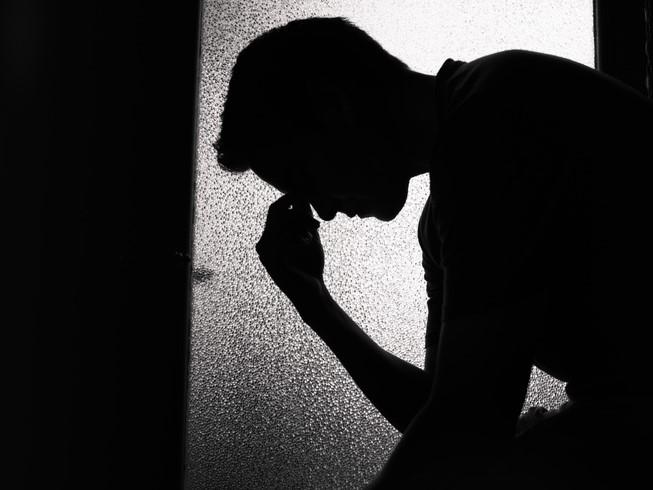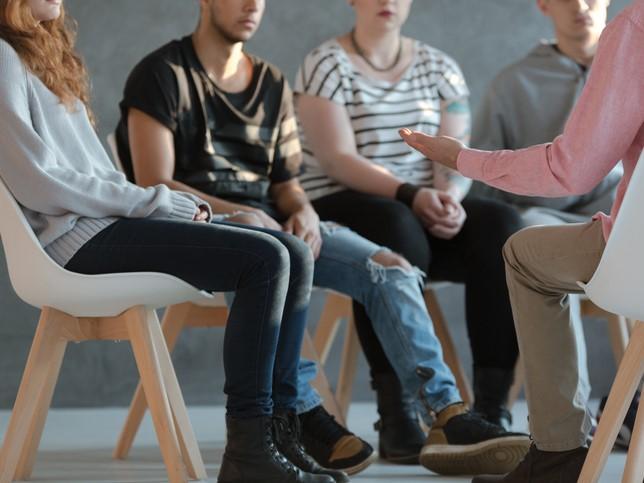
What I learned from nearly getting cancelled

You may also like
This is not a piece about me grinding an axe. Or trying to defend myself. Rather, it is about what it felt like to be labelled one of the bad academics I often read about (including in the pages of this publication) – and more importantly how to let that horrible feeling sit, turn it into something productive and try to do better next time.
What happened is not that relevant, but it involved me teaching an online class and saying something I should not have said when I thought the microphone was on mute. Nothing directly about any student, but something that vented my frustration with how students’ tangential points were getting in the way of me teaching the class the way I wanted.
Yes: bad teacher. I focused on what I wanted to teach, rather than how students were learning; I took my inability to guide the conversation constructively and turned it into criticism of a student who was in fact participative and insightful.
- Failure can feel hot and shameful, but we must normalise it
- Why we should be humans first and academics second
- Pedagogical wellness specialist: the role that connects teaching and well-being
Anyway, this situation became a problem because students overheard me, took offence (rightly so) and complained to the head of the department. We had a reconciliation meeting in which students vented their frustration (where my role was to sit, really listen and put myself in their shoes, and repent) and asked for reparations. Reparations were made, and it seems to be the end of the issue as far as the university is concerned.
Quite bluntly, I regret that I made students feel under-appreciated in my class (which turned out to be a broader sentiment of theirs throughout their programme, to which I contributed). I regret that I turned a teachable moment into something about me – and impaired their learning possibilities in the process. I deeply regret that, no matter what I do, they will probably always negatively associate what they learned in the subject with the conduct of their teacher.
As the disciplinary process made its way through the proper channels, agonising was one of the most brutal parts of the experience. In reading stories of people who go on medical leave when faced with disciplinary proceedings at universities, I used to cynically think they were just trying to buy time and avoid the issue. While I cannot speak to everyone’s experiences, I also felt deep in my bones what it is like to be so disliked for making a mistake in something you are so passionate about and proud of that it actually affects your health. I had a hard time sleeping, stress-ate (more than usual) and was just constantly preoccupied.
I also felt immense guilt over the effect of what I said on how students would behave beyond the course. Would the fact some of them now deeply disliked me make them reject everything I was teaching in that class? Would their dislike make them reject the entire subject, and its transferable skills, as they went on to careers after their degrees? Had I compromised these students’ abilities to absorb and implement the (I think good) lessons they were learning in the course?
Ultimately, my problem with managing my time in the classroom, and the flow of the discussion, is my own, and I should never have taken it out on the students. I knew that before I said what I said, and I know it more clearly now.
Did I fear “getting cancelled”? On some primal level, yes. But for the most part I had the luxury (which I understand not everyone has) of thinking more about what to do after weathering the storm – even if this one boat sank in the storm, I had others sailing about in different waters, because I was teaching this class as a visiting professor and it felt rather separate from my “regular” job on my regular campus. And I wanted this experience to be transformative in my teaching practice moving forward.
So, where do I go from here? Do I become a fearful lecturer, afraid of challenging students because they do not care much for me anymore? Absolutely not. I am only valuable as an instructor if I can challenge students. I do not want to challenge them to the point they feel obliterated (which is akin to being ignored, in this context), but I certainly want them to think outside of themselves, to be uncomfortable. The “safe space” tag for the classroom only has meaning if this safety is used to explore and experience discomfort, knowing that at the end of it there is a safety net. Discomfort can teach empathy.
How can one build bridges when you are the most hated person in the classroom? I went with contrition in the first instance: acknowledging their feelings, regardless of whether I agreed with them (which was very much beside the point, in my view) and providing as much support for reparation measures as I could. Why? Because education is about the students – and them feeling safe to disagree with and challenge me in all instances.
I also tried to turn student frustration into thinking about strategy and advocacy. Doing so required a lot more tact than I normally have in the classroom, because I did not want to rehash painful memories nor make light of them. But I wanted them to think about how to turn frustration into action, pain into a call for change.
Did it work? To some extent. Some students chose not to engage with me much after these events (and we only had a few classes left in the term, so they could afford to do so), much as I tried to keep channels clear and restore some of the trust. Other students engaged very productively. The funny thing with metaphorical bridge-building is that, because the bridge represents a relationship, it requires some work on both sides, and I could not do everything for both sides. I do wish I could have, though.
Pain can either harden or soften you. I would rather be softened – and try to soften my students as well. So, alongside being more aware of my own possibilities and limits as an educator, I am going with empathy as the big thing I want to imbue in my teaching.
The author wishes to remain anonymous.
If you found this interesting and want advice and insight from academics and university staff delivered direct to your inbox each week, sign up for the THE Campus newsletter.


